The good news: they had a motorbike.
The bad news: it had no brakes.
Pastor Francisco Mendez and his wife, Clemencia, had embarked on a two-day journey from their home in Argentina to reach several remote Wichí villages in Paraguay. When they arrived at the bus terminal after the first leg of their trip, friends met them with a motorbike to carry them out into the rural, dry territory where the Wichí live.
Perhaps “motorbike” was a generous term. It was a bike. It had a motor. But without breaks or lights, it was difficult to imagine how it would make it all the way from the bus terminal to the isolated Wichís.
The Wichís are members of an indigenous South American people group. They live in villages spread across the invisible borders of several countries that either don’t care about the Wichís or have forgotten that they even exist. No one builds roads to the Wichís. Without schools, hospitals, electricity, or access to basic infrastructure, many Wichí are trapped in poverty. Families live off meager fishing; many go days between meals.
"...without breaks or lights, it was difficult to imagine how the "motorbike" would make it from the bus terminal to the isolated Wichís."
Francisco has dedicated his life to reaching the Wichí in his home country of Argentina and beyond. So, he and Clemencia bumped, rattled, and prayed their way to villages on the banks of the Pilcomayo River.
“By the grace of God, we arrived!” said Francisco.
First, Francisco sought out the local shamans to ask permission to preach the gospel. He talked with one man for hours and shared gospel literature in the Wichí language. At the end of their conversation, the shaman gave his life to Jesus.

Many Wichí do not speak Spanish. Francisco Mendez speaks Wichí and is committed to reaching each Wichí home with a gospel message in their own language.
Francisco is passionate about sharing the gospel in the Wichí language. Perhaps it is because, just as no one builds roads to visit the Wichí, no one writes for the Wichí. It’s one more way the world shows it has forgotten them.
“But Jesus Christ never forgets his creation, and they [the Wichi] are God’s…” says Francisco. “Nothing is impossible for God… We are reaching these forgotten brothers.”
Over several days, Francisco and Clemencia shared the truth and love of Jesus with about 1,000 households. About 1,500 people, 70% of the local population, responded to the gospel!
Francisco is fierce, resolved to carry the love of Jesus to the Wichí even if no one else believes it’s worth it. He tells stories of traveling to villages that were only rumors.
“There is no one there,” people told him.
“There are people there,” Francisco says. “And I found them.”
Francisco has a heart like Jesus, a heart that leaves the 99 sheep to find one.
The risks of Francisco’s mission are great. Around the world, believers hack their way through jungles, go to the homes of their ancestral enemies, and endure rejection from their families. Some will bury loved ones along the way, lives lost to disaster, disease, and the multitude of dangers they face.
What could make these treacherous journeys worth it?
Christians like Francisco answer, often with tears in their eyes, “There are people, and we found them.”
When Jesus has found you and transformed you, the thought that someone else, that billions of people, still ache to know that love, to delay is unbearable. Stopping is unthinkable.




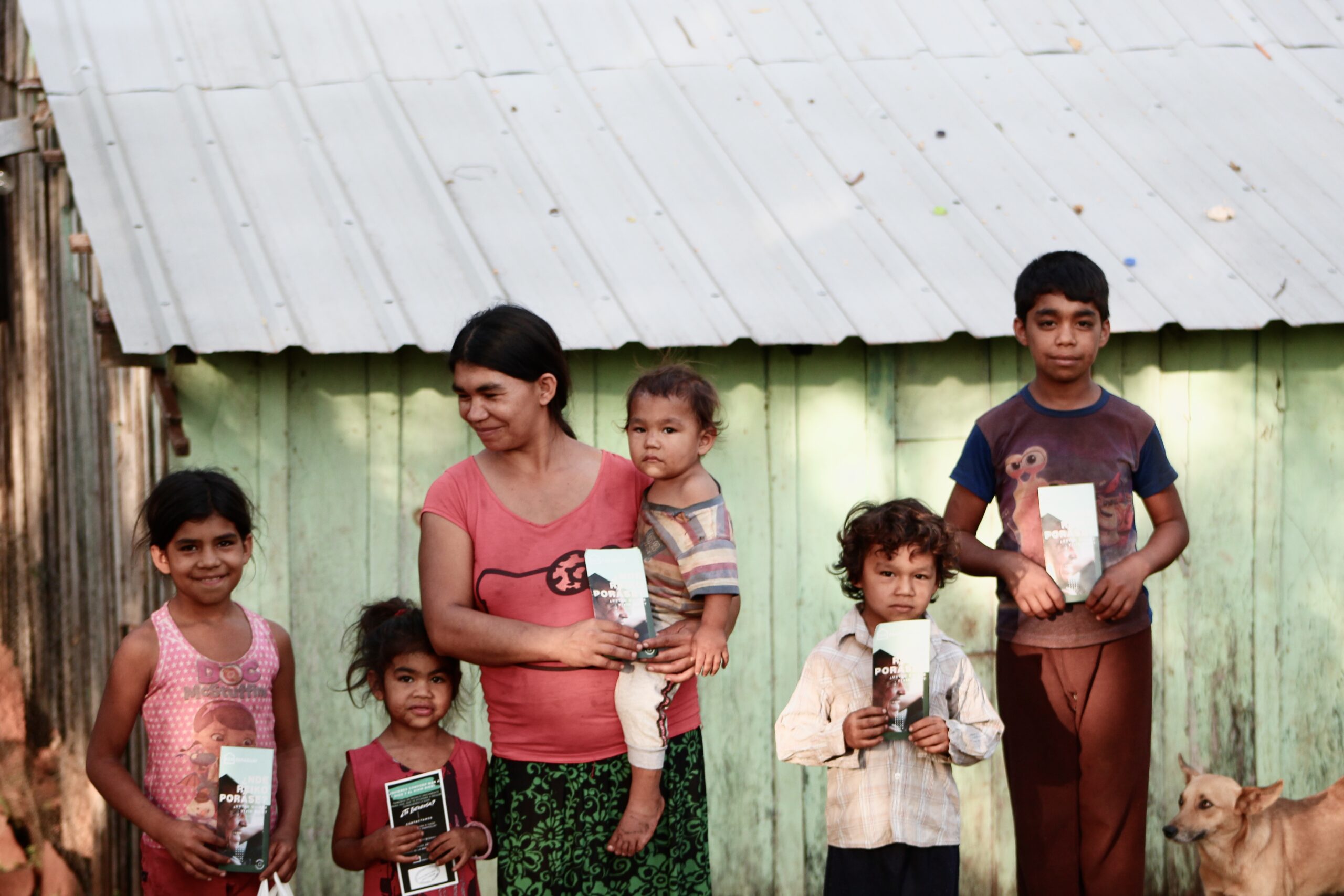
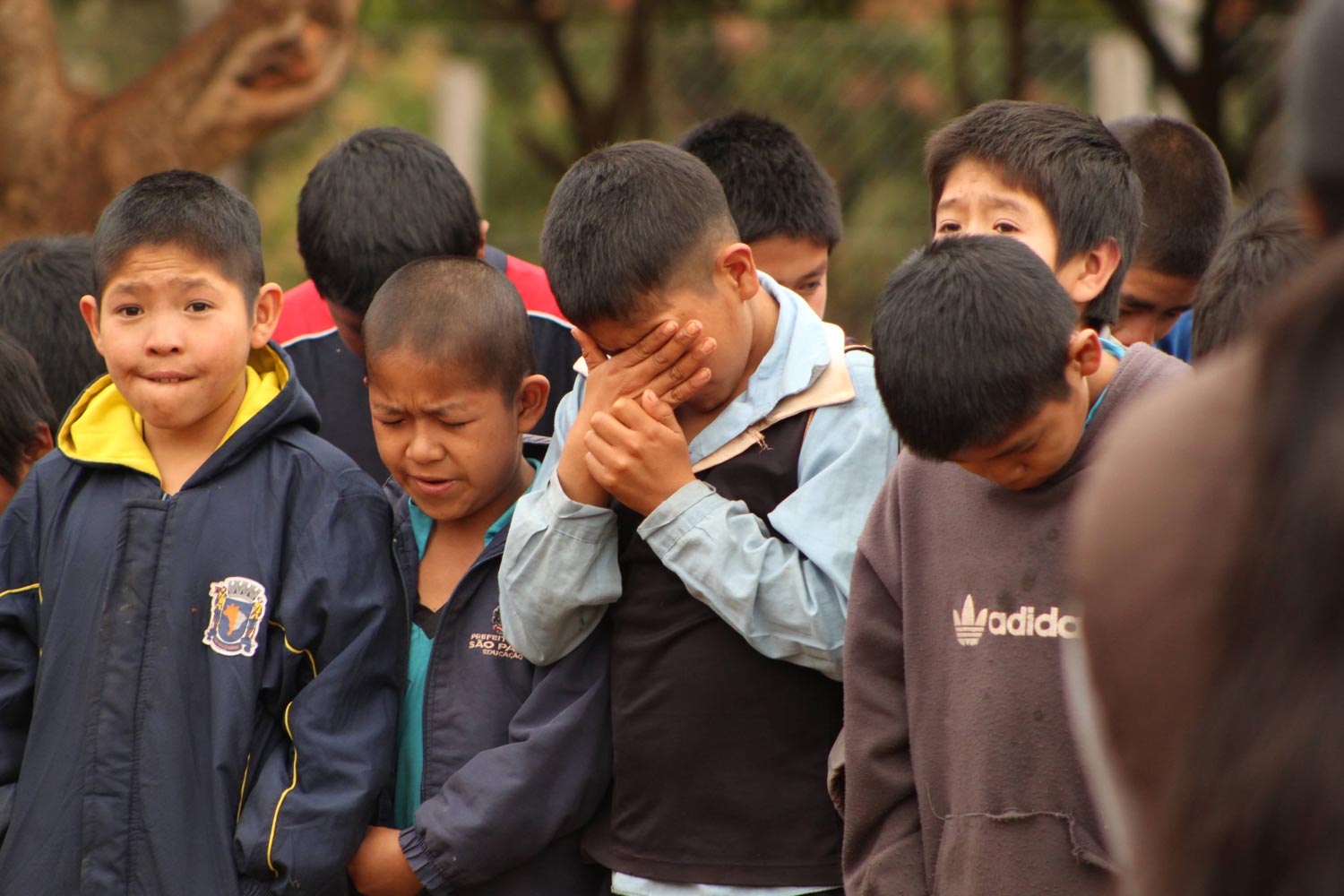
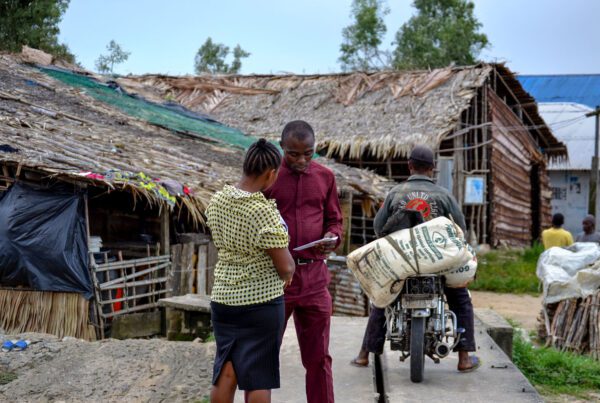
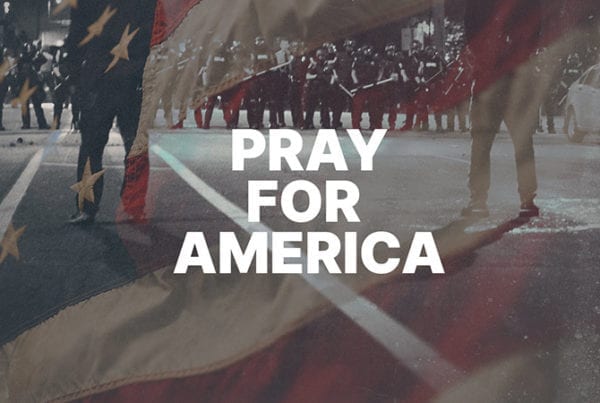
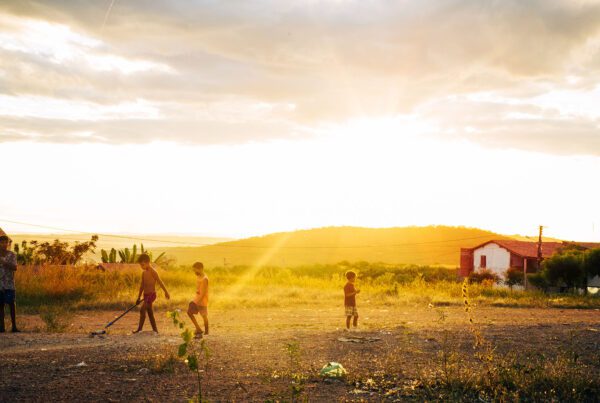














One Comment